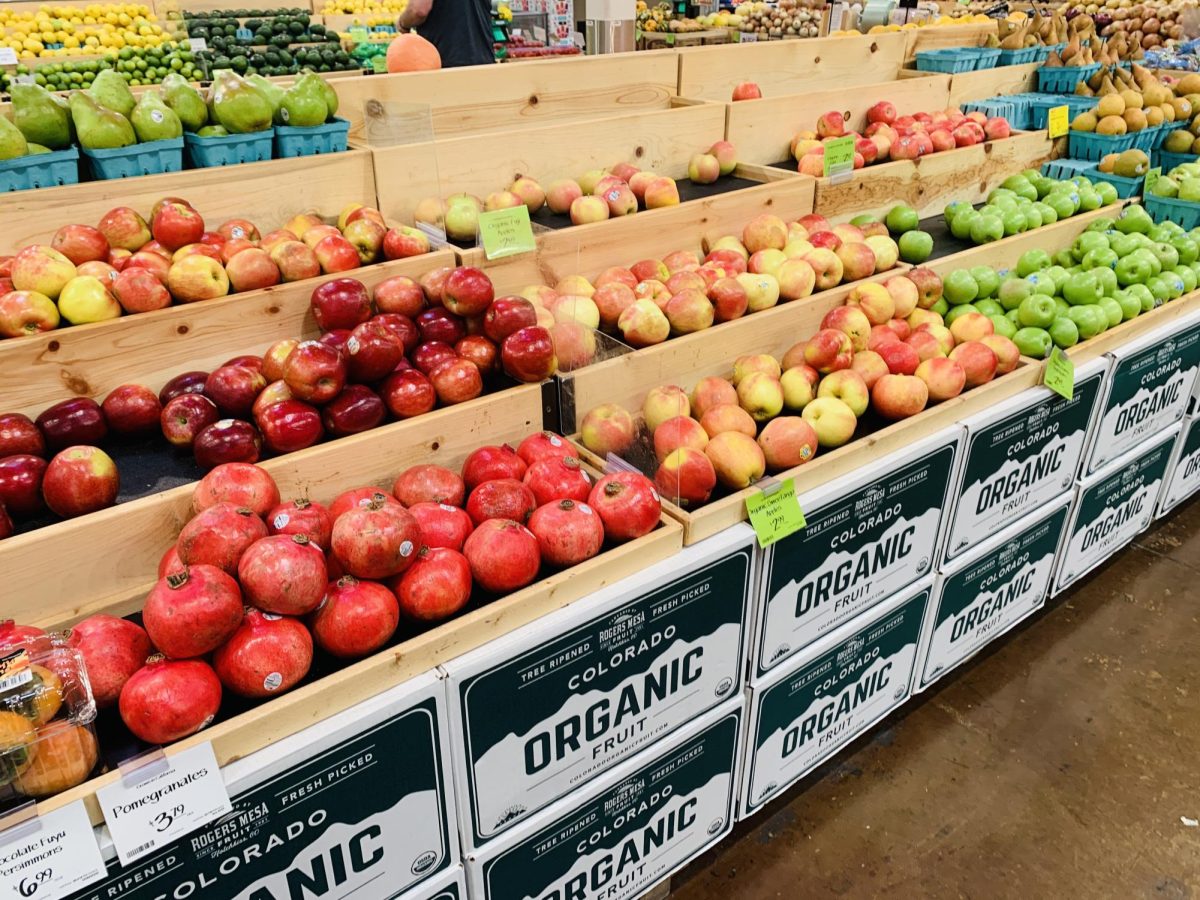In 2022, I decided to become a vegetarian. Contrary to many who go on vegetarian diets, I didn’t really think about the effects of my nutritional choices until after I changed my diet. I went vegetarian spontaneously on a whim, not considering why I was making the switch… or why I hadn’t done it before.
But then, during the first few months of explaining my dietary restrictions at dinner parties and barbeques, everyone else seemed to want to know why I went vegetarian. Their questions ranged from incredulous to genuinely curious, but it seemed I needed a reason to cut out meat.
I did some research, and after just an hour or two of internet snooping, I became firmly committed to eating vegetarian for the rest of my life.
The dark truth about the meat industry is that many farm animals live–and die–under conditions that are oftentimes sadistic and extremely unethical. Factory farms, the source of many meat and animal products, function with the sole purpose of maximizing profits and increasing production. According to the Animal Welfare Institute, 85% of animals raised for consumption spend their lives on a factory farm. The inhumane conditions on these farms include confinement in a concrete cell barely larger than the animal itself, plus neglect, abuse, and inhumane slaughter. Fewer than ten states place any legal restrictions on these farms meaning the farms can run unregulated and unethically to make the greatest profit possible. The animals are bred, transported, raised, and slaughtered under deplorable conditions. According to the United Nations, approximately 80 billion animals, not including fish, are slaughtered each year globally in the meat, dairy, and egg industries.
Why on Earth are we supporting these practices? And for what? The average American consumes much more meat than is recommended for health. These animals are being slaughtered to feed a population that already consumes an overabundance of meat. The standard meat-eater will consume about 2,500 pigs, cows, sheep, chickens, and turkeys in their lifetime. 2,500 inhumane deaths to feed just one person.
Meat production in the US also majorly contributes to climate change. According to PETA, around 260 million acres of land in the US has been deforested for farm animal use. Another 14,400 acres of rainforest have been cleared for livestock farms. (Agriculture surely also contributes to global warming, but by eating plant-based, you are only supporting one production system, not both).
Vegetarianism is the simplest diet; an affordable, easy-to-follow plan that still offers a wide range of foods and nutrients. Vegetarian options are available at every restaurant, plus in recent years, there has been an upswing of affordable all-vegetarian restaurants and recipes. While cutting meat out of one’s diet may be a shock at first, it’s a relatively easy change.
Going vegetarian may seem like too small a change to make a difference in the meat industry. But in fact, the most effective way to give farm animals a better life and stop unethical meat industry practices is to stop eating meat. This minor change in your life can make a huge difference in the lives of thousands of animals. It even has health benefits for you: going vegetarian can lower your cholesterol, extend your life, and lower your risk of heart disease.
In fact, vegetarianism is becoming more and more popular among Americans. According to Cookunity.com; as of 2023, 6% of Americans are vegetarian, while only 4% of the population was vegetarian in 2019. Additionally, roughly 10% of Americans over the age of eighteen identify as vegan or vegetarian, showing a clear increase in plant-based eating in recent years.
So, was it inconvenient for me to change my grocery shopping lists? To skip the McDonald’s hamburger every now and then? Sure. But after learning the truth about meat consumption in America, I realized that I refuse to support an unethical meat industry. As vegetarianism gains more traction in the US, I am hopeful that the horrors of the meat industry will be lessened in the years to come. Your eating decisions do have an influence. Hopefully, with the rise of plant-based diets, our environmental impact can be more positive in the future.



